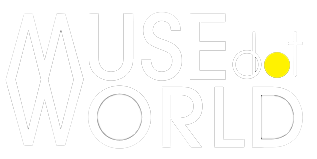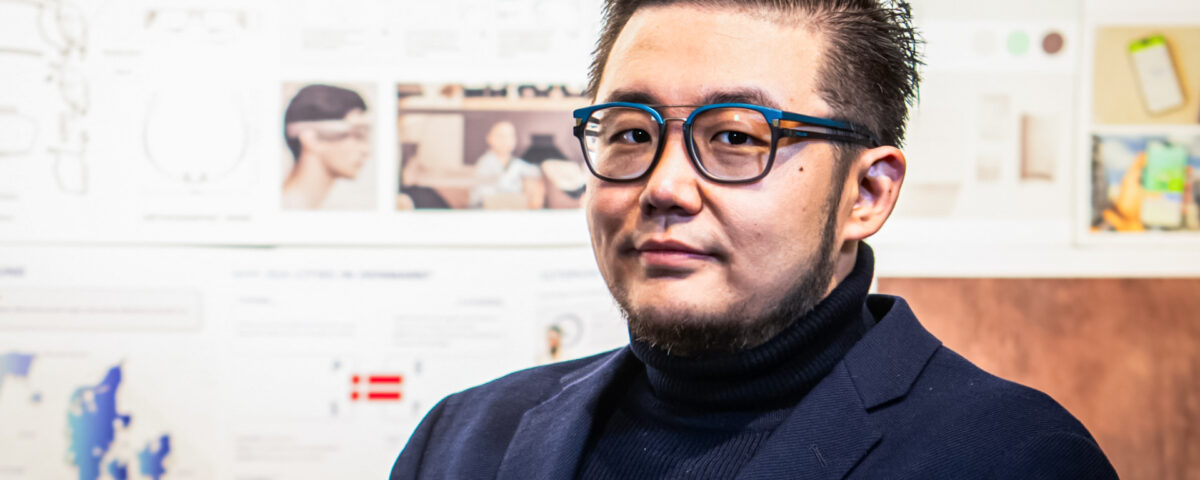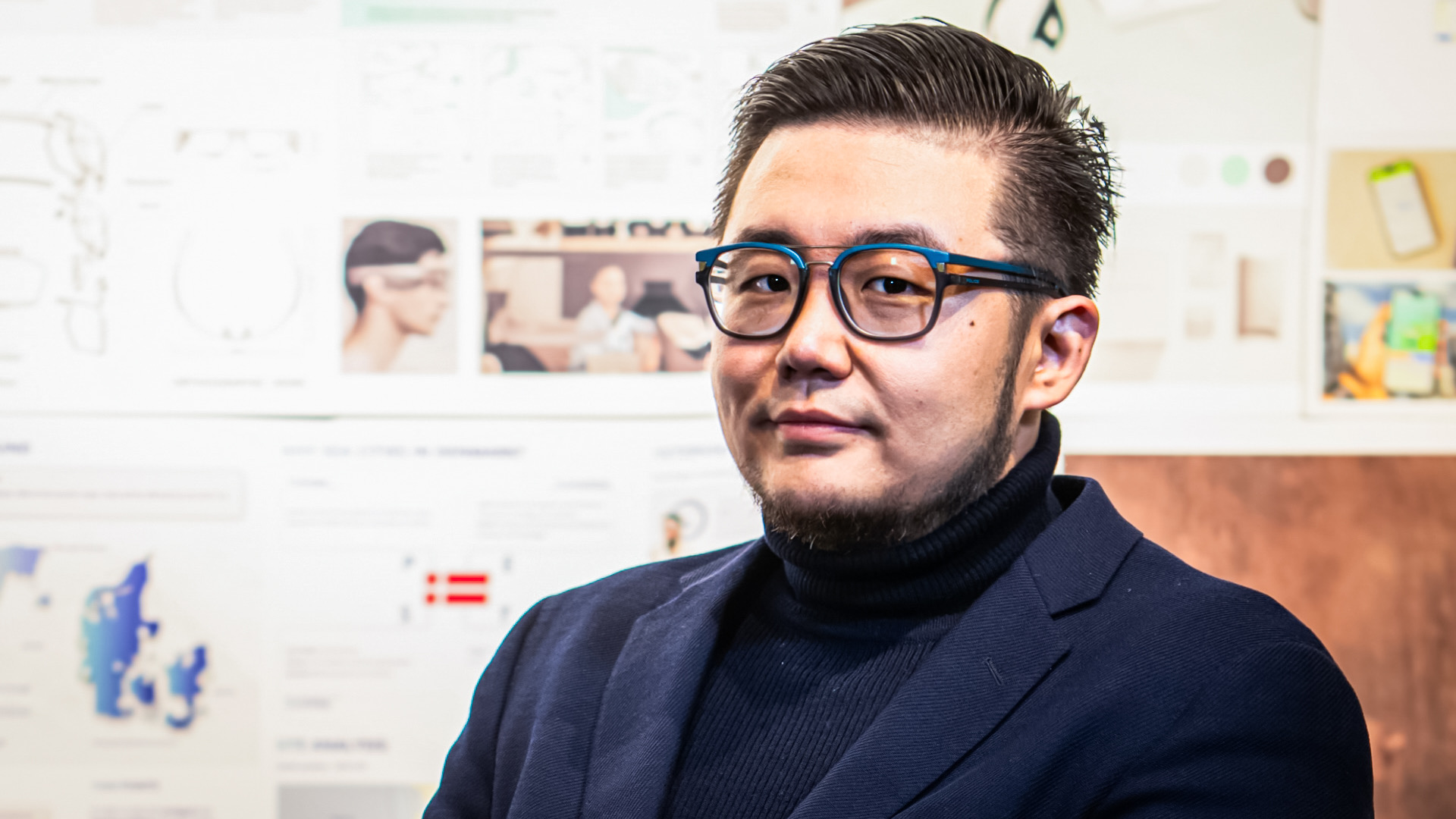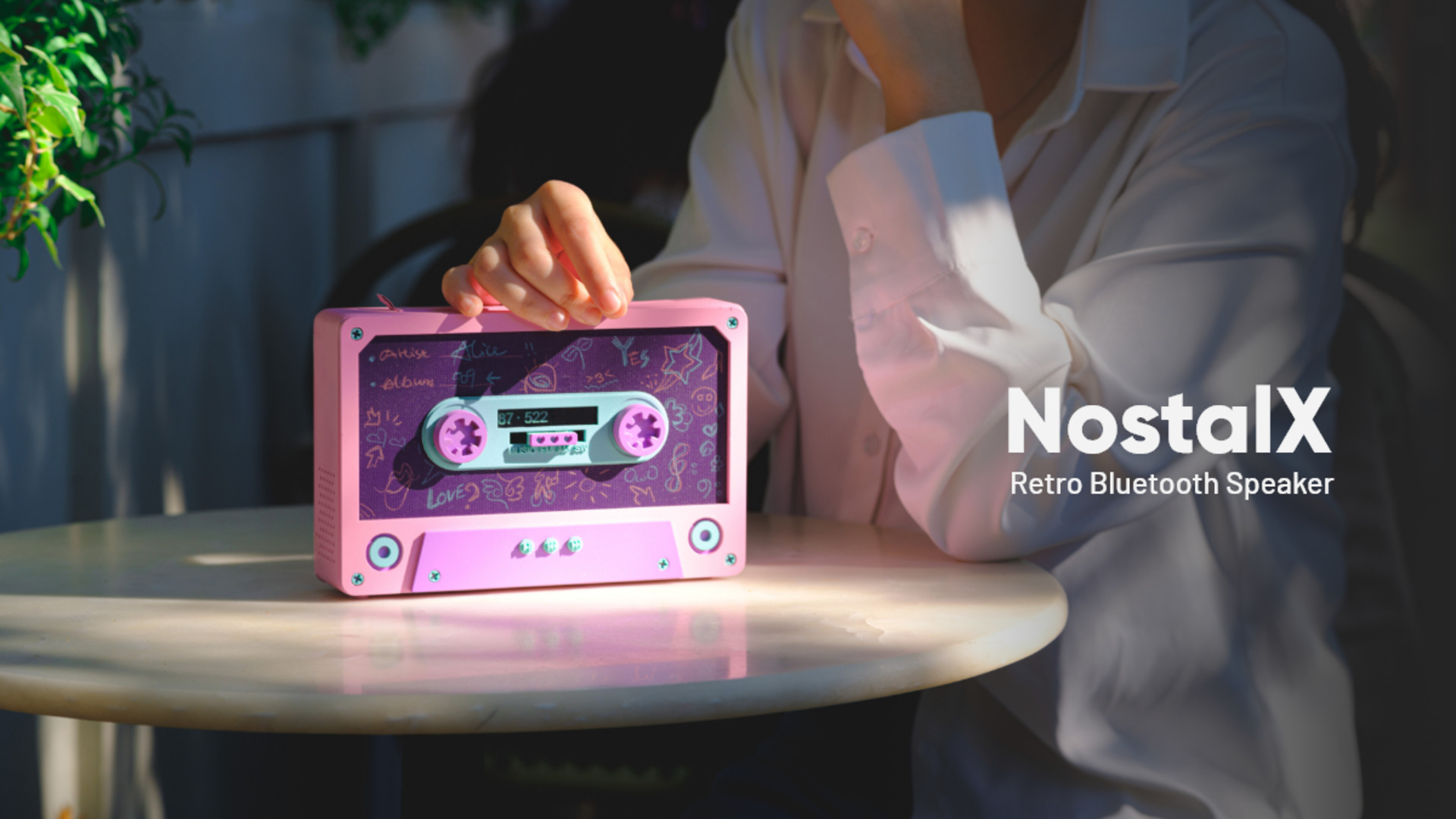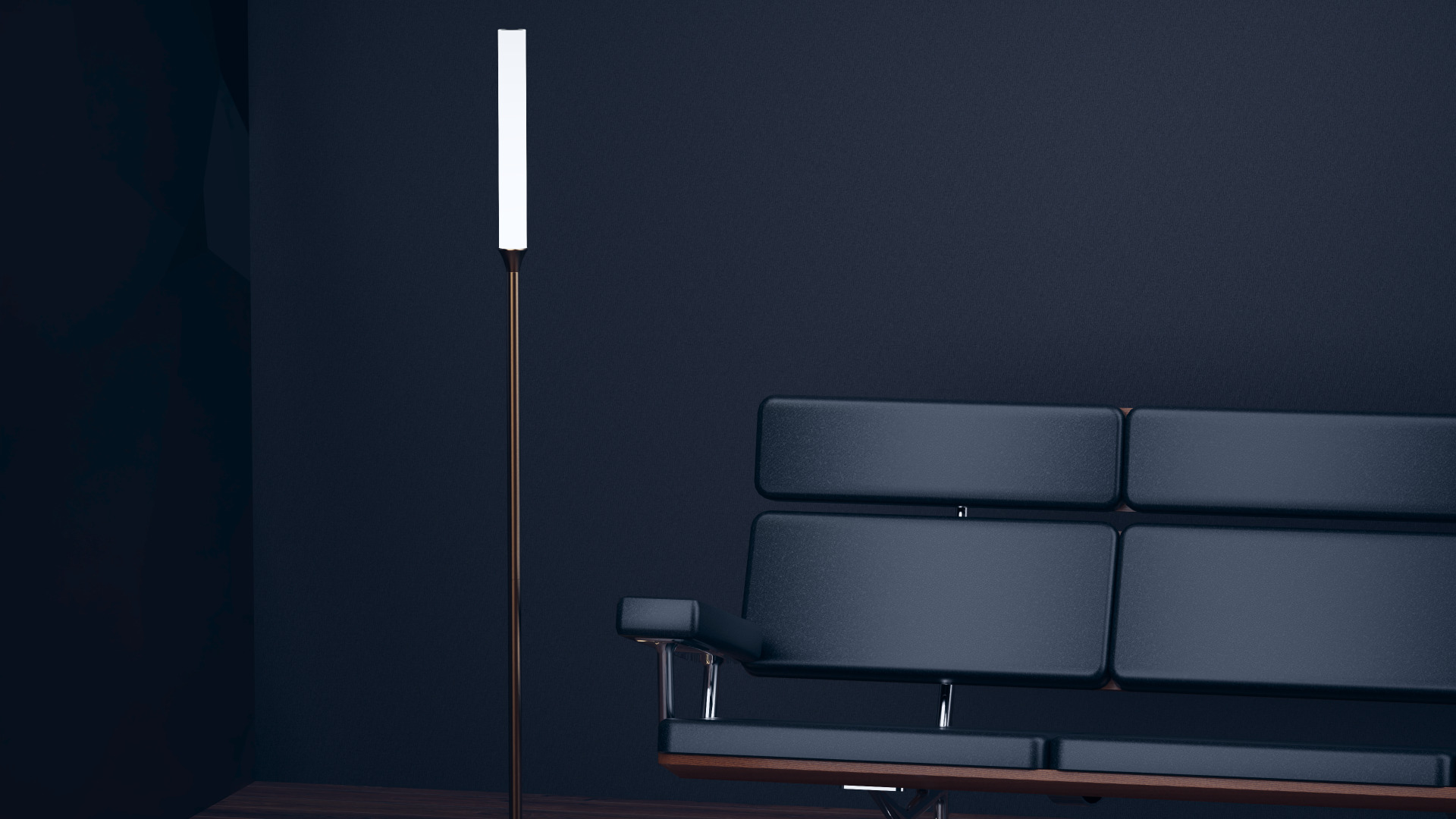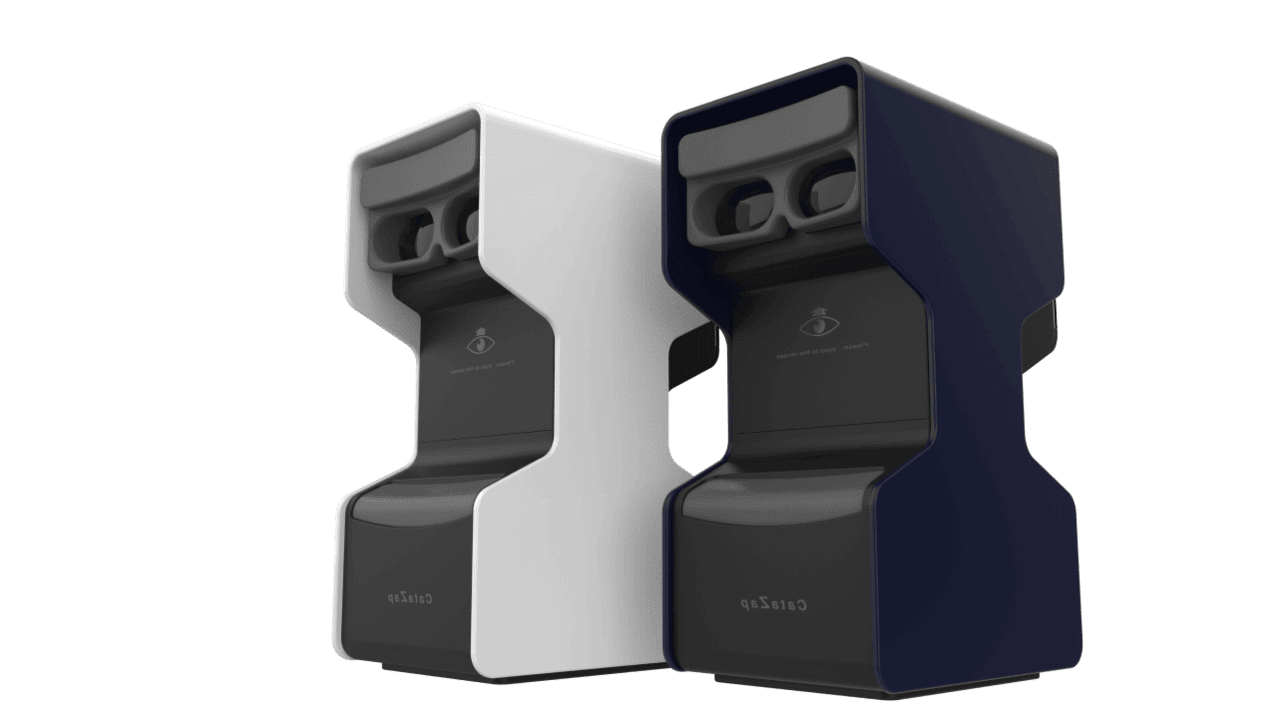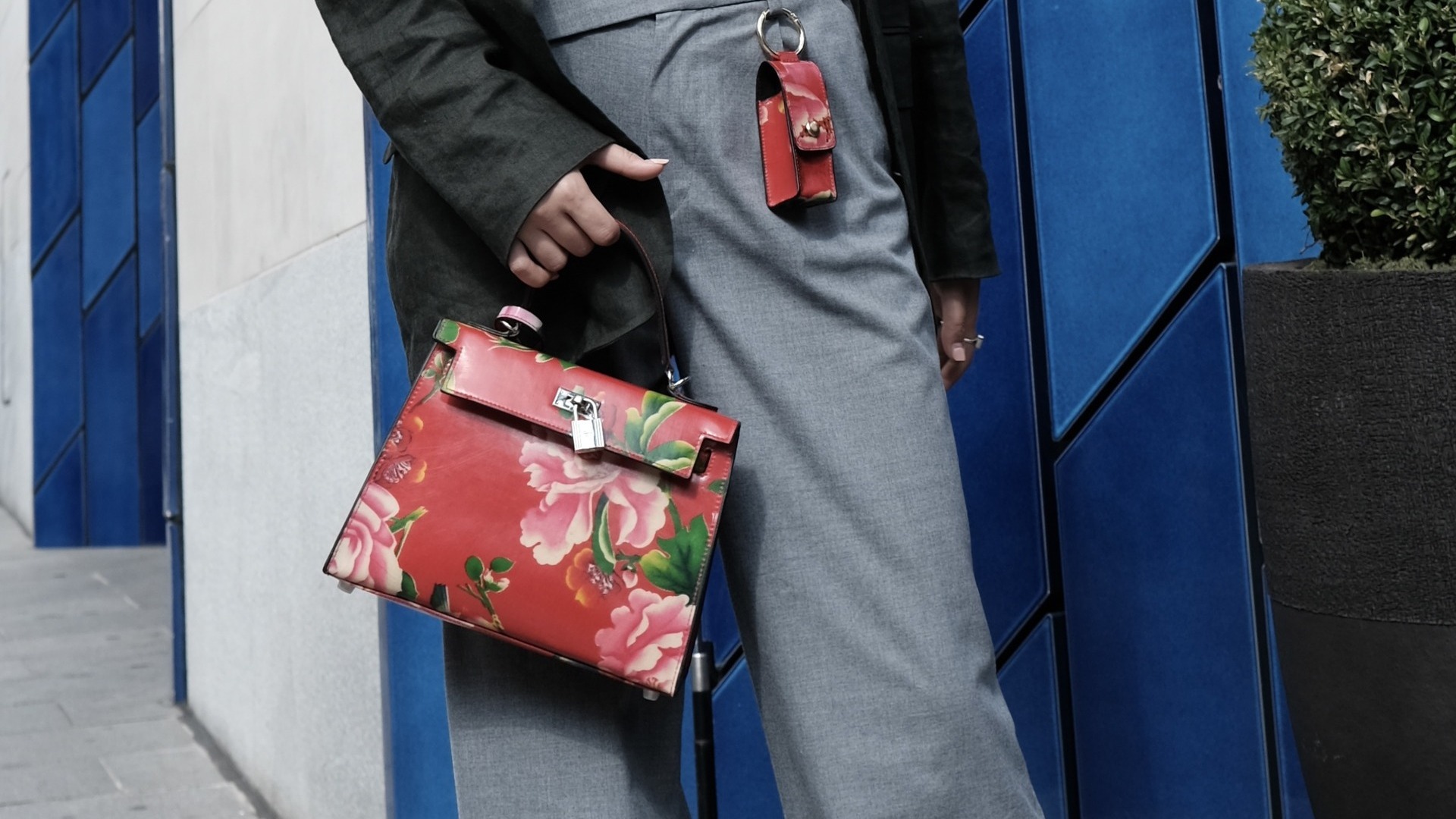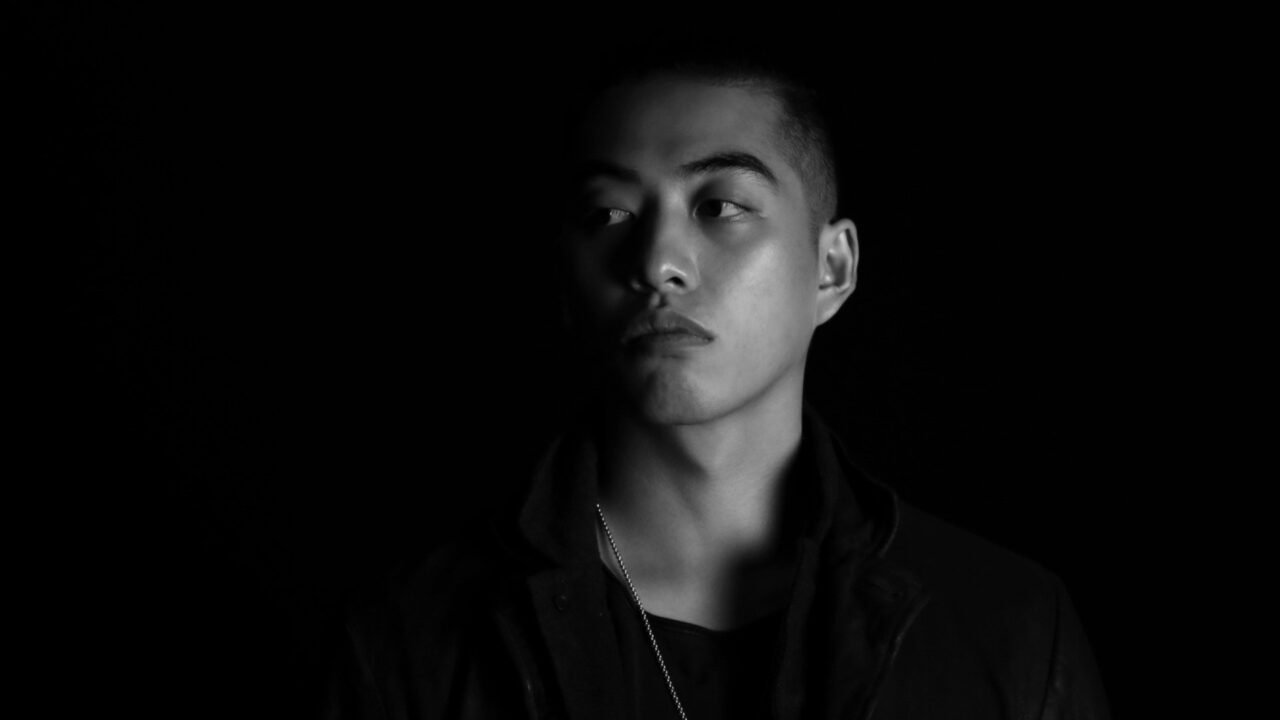Revolutionising Product Design | A Vision by Menghai Xia

Against War: The Music and Message of Stanley Grill
April 29, 2025
Speaking Through Design: Yuanfei Zhao Shares How Thoughtful Details Create Lasting Impact
April 29, 2025Menghai Xia
Menghai Xia (Luke) is the founder and lead designer of Functional Form Block Allies (FFBA), a multidisciplinary design consultancy specialising in industrial, interactive, service, and fashion design. A former industrial design professor, he blends academic insight with real-world expertise to create award-winning, user-centred solutions across industries like medical devices, consumer products, and business innovation.
I’m Menghai Xia (Luke), the founder and lead designer of Functional Form Block Allies (FFBA), a design consultancy specialising in industrial, interactive, service, and fashion design. Partnering with Quentin Nie, FFBA delivers user-centered solutions across industries like medical devices, consumer products, and business innovations.
With a background in academia as a former industrial design professor, I bring a unique balance of research and hands-on expertise to every project. This year, our work received multiple prestigious design awards, reinforcing our commitment to meaningful, functional, and innovative design.
I am the founder and lead designer of Functional Form Block Allies (FFBA), a design consultancy firm co-founded with my amazing design partner, Mr. Qijun Nie, also known as Quentin. FFBA provides a wide range of design solutions, including industrial design, interactive design, service design, and fashion design, with a focus on accessories. Our expertise spans industries such as medical devices, consumer products, and business solutions, allowing us to address diverse client needs.
At FFBA, my role involves leading projects, ensuring that our designs align with our core philosophy of blending functionality with form to create thoughtful and impactful solutions. As a team, we aim to produce designs that respect and enhance human experiences, staying true to our user-centred and systematic approach. Our work has been recognised globally, and this year we were honoured with multiple prestigious design awards, reflecting the value and innovation we bring to the industry.
Beyond delivering design solutions, FFBA also strives to nurture the next generation of designers. Through educational initiatives, we connect students and young professionals with real-world industry insights, helping them to understand processes and challenges while encouraging fresh perspectives that can inspire new ways of thinking. This dual focus on professional work and education makes FFBA not just a design consultancy but also a collaborative platform for creativity, innovation, and growth.
Design, to me, is as essential as breathing—only it’s like trying to breathe in a new way each time. It’s become a daily routine that shapes my thoughts and approach to life. I once heard that designers and chefs are quite similar: both work with rules, ingredients, and endless possibilities.
Chefs combine and reinvent ingredients into new recipes, and design is much the same, only we work beyond food. Design is about combining elements in fresh, impactful ways, crafting experiences and solutions that others can follow, adapt, and be inspired by. That continual exploration and reinvention—that’s what design means to me.
My favourite kind of design is one that I can physically interact with—something tangible that creates a memorable, human connection. While automation and intuitive design have their merits, I believe the best designs are about people and go beyond pure functionality or aesthetic appeal. If I had to choose, my favourite designs are those that touch people deeply, evoking emotions and leaving lasting impressions.
These designs not only fulfill a need but also connect people to the physical world and to each other, creating moments of joy, nostalgia, or meaning. It’s this emotional impact—designs that become anchor points in people’s memories—that I find truly inspiring.
To me, a “good” design goes beyond mere success or profitability. It’s about genuinely helping people and creating meaningful experiences. A good design should evoke positive emotions, adding a bit of brightness to the user’s day.
While it may inspire desire or appreciation, it does so in a way that enhances life, not just through consumerism but by making people feel uplifted, even if only for a moment. When a product or experience leaves users feeling like today might be a little better because of it, that’s when design truly succeeds.
My design style is grounded in a mindset of genuine respect for users, aiming to make a meaningful, positive difference in their lives. It’s not about creating something merely profitable or marketable, but about truly improving the user experience.
When I design, I prioritise human respect and empathy, considering not only functionality but also privacy, rights, and dignity. This approach shapes a design that is not just user-centred but humane-centred. I aim to create solutions that respect users as individuals, balancing innovation with integrity to deliver thoughtful, impactful designs.
My design process begins with viewing the user or client as more than just a consumer—they’re like a friend, someone I genuinely care about and want to support. I approach each project by deeply considering who these people are, what they love, and what resonates with them on an emotional level.
When I treat users and clients as real individuals with unique needs and desires, it shifts the focus from just creating a product to building something meaningful. This perspective allows me to design with empathy, aiming to craft solutions that genuinely enhance their lives. My process, in essence, is about designing with love for real people.
Yes, I believe my cultural heritage has a strong influence on my design approach. Coming from China, a culture deeply rooted in family values, integrity, and hard work, I carry these principles into my work. Family and integrity-driven values push me to create designs that are honest, thoughtful, and meaningful.
However, cultural heritage can have both positive and challenging aspects; one challenge I see is the tendency to overlook individuality in favor of the collective. Recognising this, I strive to balance these influences, aiming to respect each person as an individual within the broader context. This blend of cultural values shapes a balanced, thoughtful approach in my design process.
Winning the 2024 London Design Awards is a profound honour for both me and Functional Form Block Allies (FFBA). It’s a testament to the dedication and creativity of our team, whose work spans industries such as medical devices, consumer products, and fashion accessories. For us, this recognition is not just a celebration of success but a validation of our core mission: to create designs that blend functionality and form while truly improving people’s lives.
This year, some of our award-winning projects were presented under their project team names instead of FFBA. This was a deliberate decision to highlight the contributions of our younger designers and allow them to shine individually. At FFBA, we strongly believe in nurturing new talent and giving them the platform to grow and be recognised.
By doing so, we aim to create a collaborative environment that empowers the next generation of designers while showcasing the breadth of our work. This award inspires us to keep innovating, refining our processes, and pushing the boundaries of design. It also reinforces our confidence when presenting to clients, showing that our values and designs resonate globally.
Ultimately, this achievement motivates us to continue contributing to the industry, not only by delivering impactful designs but also by fostering talent and ensuring that design remains a force for positive change.
We’re honoured to have several projects recognised in the London Design Awards. Each of these designs was entered because we believe they strongly reflect our commitment to creating more humane, thoughtful, and convenient products.
These projects aim to bridge connections between people in ways that may not have been possible before, balancing the needs of service providers and receivers. While our winning works span different categories, they all share a core mission: to create designs that genuinely care about and enhance people’s lives, embodying the values that drive us at Functional Form Block Allies.
In the next 5 to 10 years, I see the design industry embracing more automation and AI-driven tools, streamlining the process and making final refinements easier and faster. As our tools continue to evolve, designers will spend less time on labor-intensive production and more time connecting with real people to understand their needs deeply.
This shift will allow designers to focus on creating more humane, thoughtful designs that resonate on a personal level. By freeing up time for genuine human interaction, the industry has a chance to move in a direction where design isn’t just about efficiency but about creating meaningful connections and solutions that truly enhance people’s lives.
The London Design Awards website itself is an excellent resource, offering a vast database of inspiring work. For developing specific skills, online platforms can teach you everything from drawing to software to understanding manufacturing processes.
However, as I often tell my students, the best resources are all around you in real life. Engage with people, observe, and learn from real interactions. Understanding human needs and experiences firsthand is invaluable, as design ultimately serves people. So, immerse yourself in real life—it’s the richest resource a designer can have.
I’ve had many inspiring figures in my life, but if I had to choose one, it would be my mentor, Professor Owen Foster. Coming from a redneck background in Alabama, he rose to become a university professor, department chair, and a respected leader in design education.
His journey—marked by courage, warmth, and a deep commitment to engaging with real people—has been truly inspiring. Owen’s dedication as a designer, educator, and mentor has set a high standard and taught me the importance of integrity and empathy in my work. I’m deeply grateful to have learned from him.
Yes, I’d like to highlight the collaborative spirit of our organisation, Functional Form Block Allies (FFBA). While we are a relatively new entity, our work as a team spans several years, built through professional practice and friendship. Alongside my co-founder and lead design partner, Mr. Qijun Nie, and our exceptional design partner and consultant, Mr. Weijing Zhao (Jony), we have had the privilege of mentoring and working with some incredible younger designers.
This time, I’d especially like to recognise Yuqing Xiao (Alice), who has been instrumental in our research and design processes. Despite her young age, Alice brings a fresh, vivid perspective that connects deeply with the next generation of consumers and markets. I’d also like to thank Siyu Zang, a designer and researcher currently getting her master's degree at the Royal College of Art in the UK. Siyu has made vital contributions to our research projects and medical product innovations, adding depth and insight to our work.
Looking ahead, we are excited to take our award-winning projects further, collaborating with clients and partners to bring these designs to life in global markets. We also remain dedicated to supporting and mentoring the next generation of designers, helping them shine on the world stage. For us, design is a vital behavior of innovation, and by working together with both experienced and emerging talents, we hope to make a positive impact and contribute to a better future.
Winning Entries
Menghai Xia and his team has recently achieved multiple award-winning works in the London Design Awards, head to the Winner Section to discover more!
Menghai Xia
Menghai Xia (Luke) is the founder and lead designer of Functional Form Block Allies (FFBA), a multidisciplinary design consultancy specialising in industrial, interactive, service, and fashion design. A former industrial design professor, he blends academic insight with real-world expertise to create award-winning, user-centred solutions across industries like medical devices, consumer products, and business innovation.
Read about how Luxi Yu Shares her Passion in Cross-Industry Designs here.
